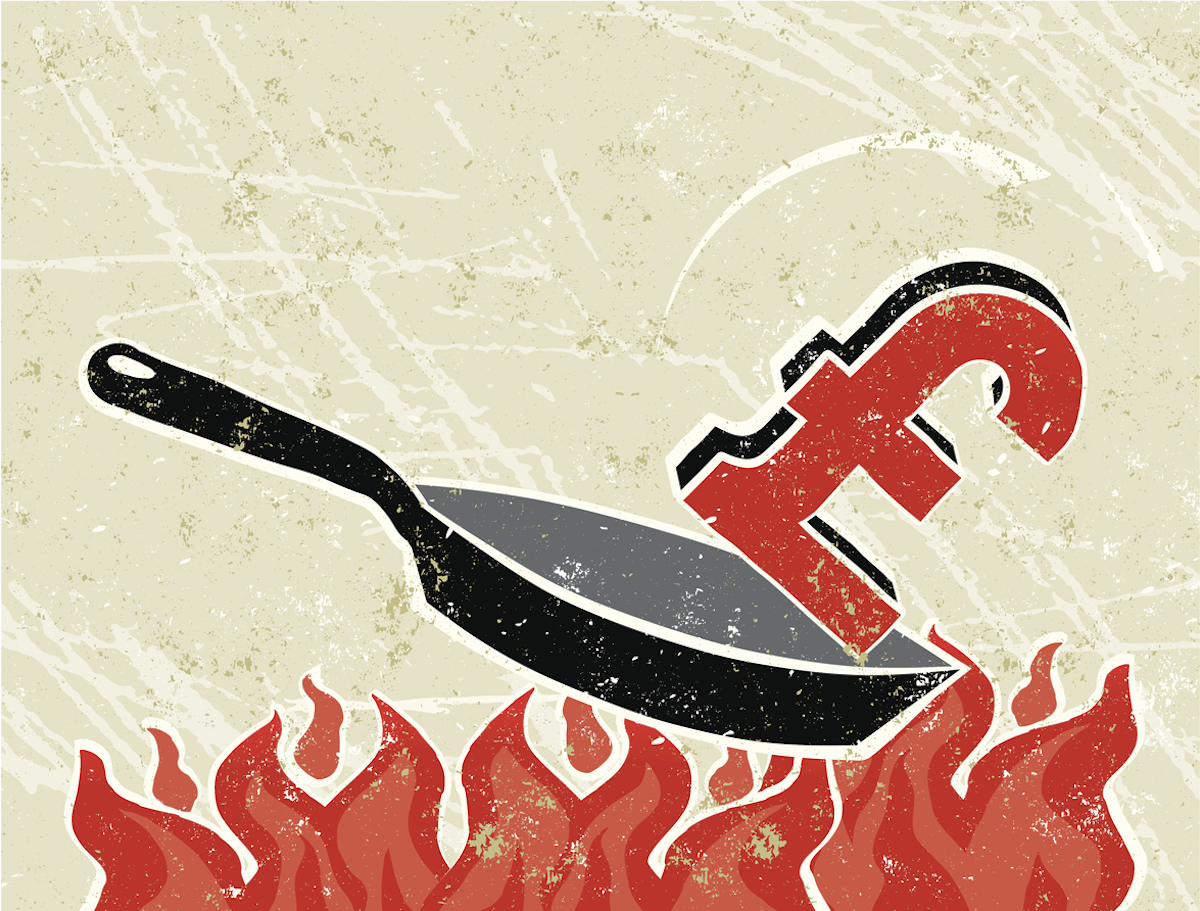Government announces business energy cap

Image credit: Kyle Heller / No 10 Downing Street
The Department for Business, Energy and Industrial Strategy (BEIS) has announced an energy price cap for UK businesses.
Electricity prices for those on fixed-term contracts signed on or before 1 April will be capped at £211 per megawatt hour, and gas prices will be capped at £75 per megawatt hour.
Businesses on other contracts, including those on variable rates, will receive a per-unit discount on energy costs, which the Government expects to be around £405/MWh for electricity and £115/MWh for gas.
According to a statement from BEIS, this cap represents “less than half” of the anticipated cost of wholesale gas and electricity this winter and includes the removal of green levies.
The support is equivalent to that which was announced for households earlier this month by new PM Liz Truss, BEIS said.
However, it will only be in effect for six months initially, from 1 October 2022 to 31 March 2023. A review is scheduled for after three months, at which point BEIS will evaluate whether the scheme should be extended, or if specific sectors require more targeted support.
Businesses do not need to do anything to be covered by the cap. As with the consumer Energy Price Guarantee, suppliers will be required to automatically apply the cap, and the Government will compensate them for the cost directly.
Chancellor Kwasi Kwarteng has claimed that the support will stop businesses from collapsing under the pressure of energy bills – thereby protecting jobs and limiting inflation.
Prime Minister Liz Truss added in a statement: “I understand the huge pressure businesses, charities and public sector organisations are facing with their energy bills, which is why we are taking immediate action to support them over the winter and protect jobs and livelihoods.
“As we are doing for consumers, our new scheme will keep their energy bills down from October, providing certainty and peace of mind.”
Both politicians also said that the support offered by the Government would be bolstered by its wider focus on increasing Britain’s “home-grown” energy supply.
“With our plans to boost home-grown energy supply, we will bring security to the sector, growth to the economy and secure a better deal for consumers,” said Kwarteng.
The move has been welcomed by those in the food and drink industry, not least because of how energy intensive many parts of the sector are. Kate Nicholls, CEO of UKHospitality, said: “This intervention is unprecedented and it is extremely welcome that Government has listened to hospitality businesses facing an uncertain winter.
“We particularly welcome its inclusiveness – from the smallest companies to the largest – all of which combine to provide a huge number of jobs, which are now much more secure.”
Food and Drink Federation CEO Karen Betts added: “We welcome the scope of the Government’s Energy Relief Scheme and the speed with which it’s being rolled out.
“It addresses the largest and most volatile cost pressure facing our industry right now. Although some aspects of the scheme are still to be clarified, it offers relief to food and drink manufacturers across the UK.”
Other groups are however concerned by the sustainability of the support. Matthew Fell, the Confederation of British Industry Chief Policy Director, told The Guardian that the cap is a “substantial short-term fix to a long-term problem”.
He said: “Businesses will also want to know more about the exit strategy and what happens when the six-month cap runs out. Working closely with business will be key to successful implementation.
“The long-run solution is to double-down on energy security and to incentivise firms to push ahead with ambitious energy efficiency programmes to lower demand.”
Find out what the Food and Drink Federation really wants to see from the new PM in this episode of the Food Matters Live Podcast:








